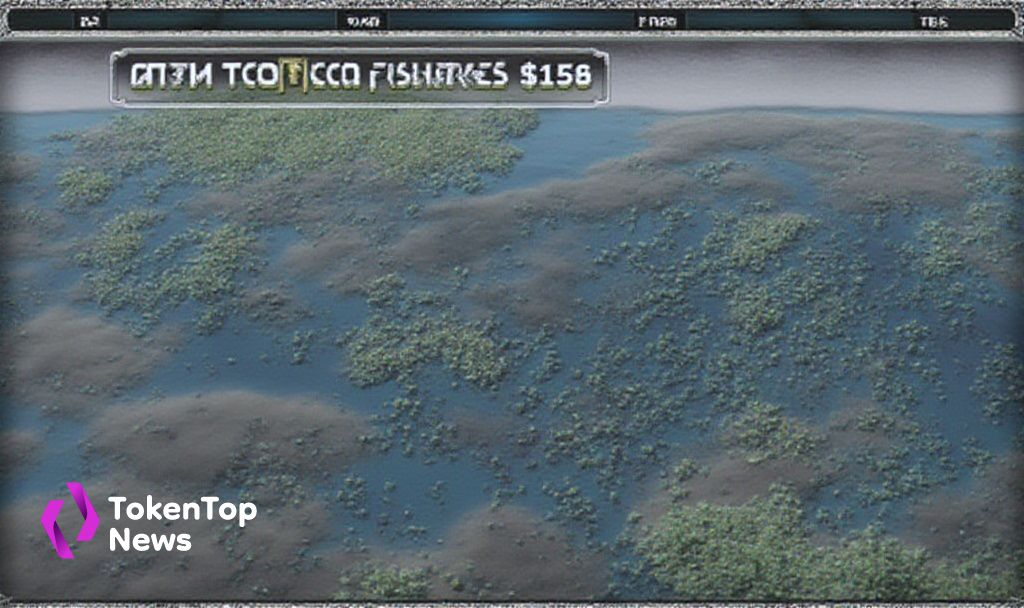World’s First Fisheries RWA Project Attracts Major Attention
- The TUNA project captures attention from a digital finance lab.
- May influence future fisheries rights management.
- Highlights potential cross-sector collaboration.

The TUNA project represents a novel approach to fisheries management, potentially impacting how rights-based management is implemented globally. Immediate reactions suggest it could alter digital finance collaborations.
TUNA Project’s Innovative Approach
TUNA’s innovative approach to fisheries rights has initiated discussions among finance experts. The project, lacking extensive public documentation, indicates its novelty and uncharted territory within the digital finance sector.
Future trends may see more aligned interests between environmental concerns and financial innovation, driven by increased data utilization and ecosystem management.
The Hanwha-ZJU Shanghai Institute has shown unprecedented interest, signaling a potential reshaping of digital asset strategies. The involvement of such an institute underscores the project’s significance within the finance community.
With interest from a digital finance institute, potential impacts on fisheries rights management are noted. Cross-sector collaboration may increase, adding value to both the fisheries industry and the digital asset market.
Market implications could include reforming how fisheries are managed using RWAs, possibly setting a new precedent. Regulatory and technological outcomes could stem from successful project implementations, influencing similar endeavors in other sectors.
The Economic Overview of Tuna Fisheries in the Pacific provides further insights into the economic implications and potential transformations in management approaches.
Implications and Future Trends
Future trends may see more aligned interests between environmental concerns and financial innovation, driven by increased data utilization and ecosystem management. These advancements could lead to improved environmental strategies and strengthened financial sectors.
Additionally, the FAO Report on Sustainable Tuna Fisheries Practices outlines sustainable practices that could become increasingly relevant as TUNA’s model is evaluated and potentially adopted in other regions.



